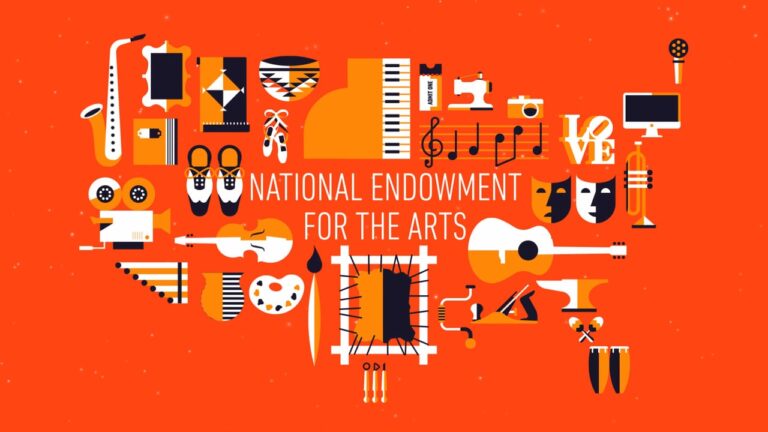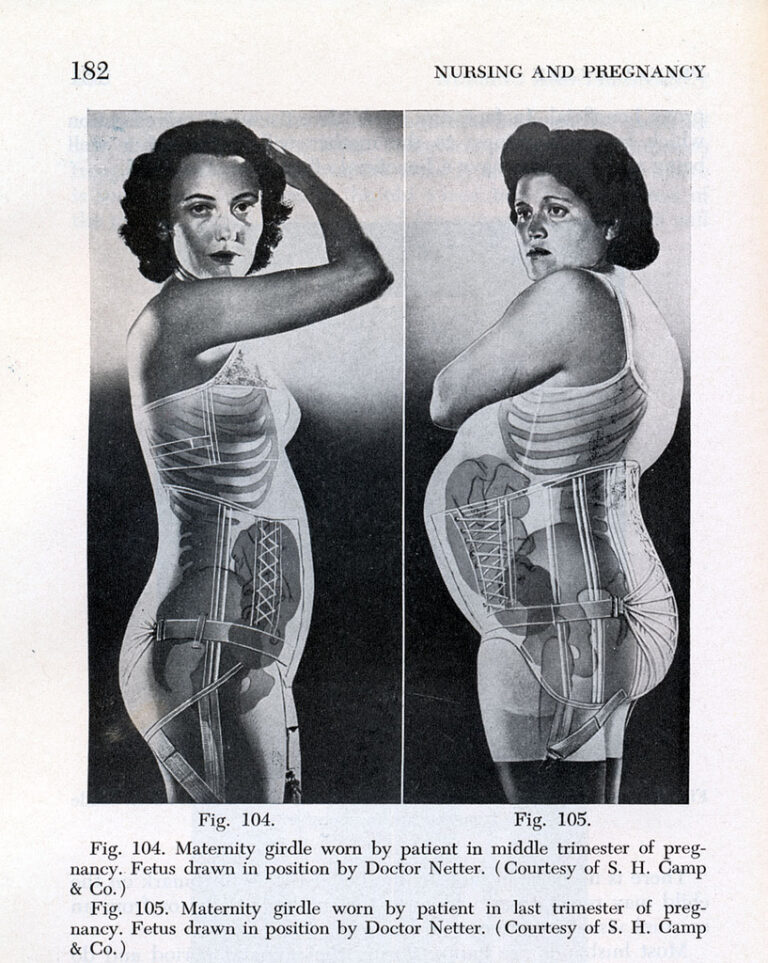Crossing Over: Literary Fiction Writers Tackling YA
The other day I was browsing in a favorite bookstore, moving backward through the alphabet, when I noticed Sherman Alexie’s novel, The Absolutely True Diary of a Part-Time Indian, toward the front of the As in Fiction. I stopped and looked around. Had I walked into the Young Adult/Children’s section without realizing it? No, there was Alexie’s award-winning young adult novel, shelved beside Reservation Blues and War Dances.
It’s not an absurd shelving decision to make. Alexie is a well-respected writer of literary fiction, both short stories and novels, and poetry. I first encountered Alexie in a fiction writing class in college, when our professor photocopied “This Is What It Means to Say Phoenix, Arizona” for us. As a white, suburban 19-year-old, I’m sure I didn’t get as much out of the story as I could have, but his prose was sharp and thoughtful. A few years later, I came across Alexie’s poetry in a Norton Contemporary anthology. His poems were similarly moving and well-crafted, but what struck me the most was how his poems felt like poems. He didn’t seem like a prose writer trying to fit ideas and images into a poetic form when they would have been better served by a short story. Although most of his work deals with similar themes, poems such as “Crow Testament” feel more expansive than the more grounded short stories. With both prose and poetry, Alexie is able to adapt to the form to suit the purpose of his narrative and purpose.
So perhaps it’s not so surprising that Alexie would also be a successful young adult novelist. The Absolutely True Diary of a Part-Time Indian, a semi-autobiographical novel, deals with Arnold Spirit Jr., aka “Junior” as he transfers from his reservation high school to the local white public high school. Junior struggles to find his place between these two worlds, balancing crushes and friendships and guilt and grief and hope. As with his other literary works, Alexie examines the particular struggles of reservation life combined with family drama and dark humor.
In an article from Publisher’s Weekly, Alexie says about the origins of The Absolutely True Diary of a Part-Time Indian: “I did it because so many librarians, teachers and teenagers kept asking me to write one.” I have no doubt that there was serious demand from educators and young readers for a real, smart YA novel that dealt with the kind of topics Alexie’s known for tackling.
But I think there’s something more to Junior and his story. An adult Junior looking back on his high school years and his family would have had a very different perspective and pain than the present Junior experiencing loss and disconnect and love for the first time. Junior’s story is very much about that moment of change and discovery and hope—which is so much a part of YA overall. For someone like Alexie, who not only has experience in so many forms but uses them so well, I can see Junior’s story being particularly crafted to YA, which makes it so successful and touching as a novel.
Alexie’s not the only literary novelist to cross over into the young adult sphere. Roddy Doyle, famous for novels such as The Commitments and The Van, has also written novels for children like the recent A Greyhound of a Girl. All deal with families struggling in working-class Ireland, with heart and humor and clarity of voice. Louise Erdrich, also known for her work dealing with Native American characters, moves between arresting novels and short stories for adults and children’s books, including her award-winning 2013 Chickadee. Judy Blume, one of the most famous writers for children and teens, has crossed over in the other direction with her adult novels Wifey and Summer Sisters.
A good writer understands what the story needs. When it comes to format, maybe that’s about two paragraphs of flash fiction. Maybe that’s the intricate repetition of a sestina. Or maybe that’s writing it as a young adult novel, which puts a great deal of emphasis on the immediacy of voice and moment.
I didn’t mention to the bookstore staff that The Absolutely True Diary of a Part-Time Indian should have been shelved a few rows over, in Young Adult. After all, Junior’s story can be appreciated by both teens and adults. And maybe this shelving will inspire some older readers to take a look at all that YA can offer in terms of story and voice—something writers like Alexie and Doyle and Erdrich already know.


